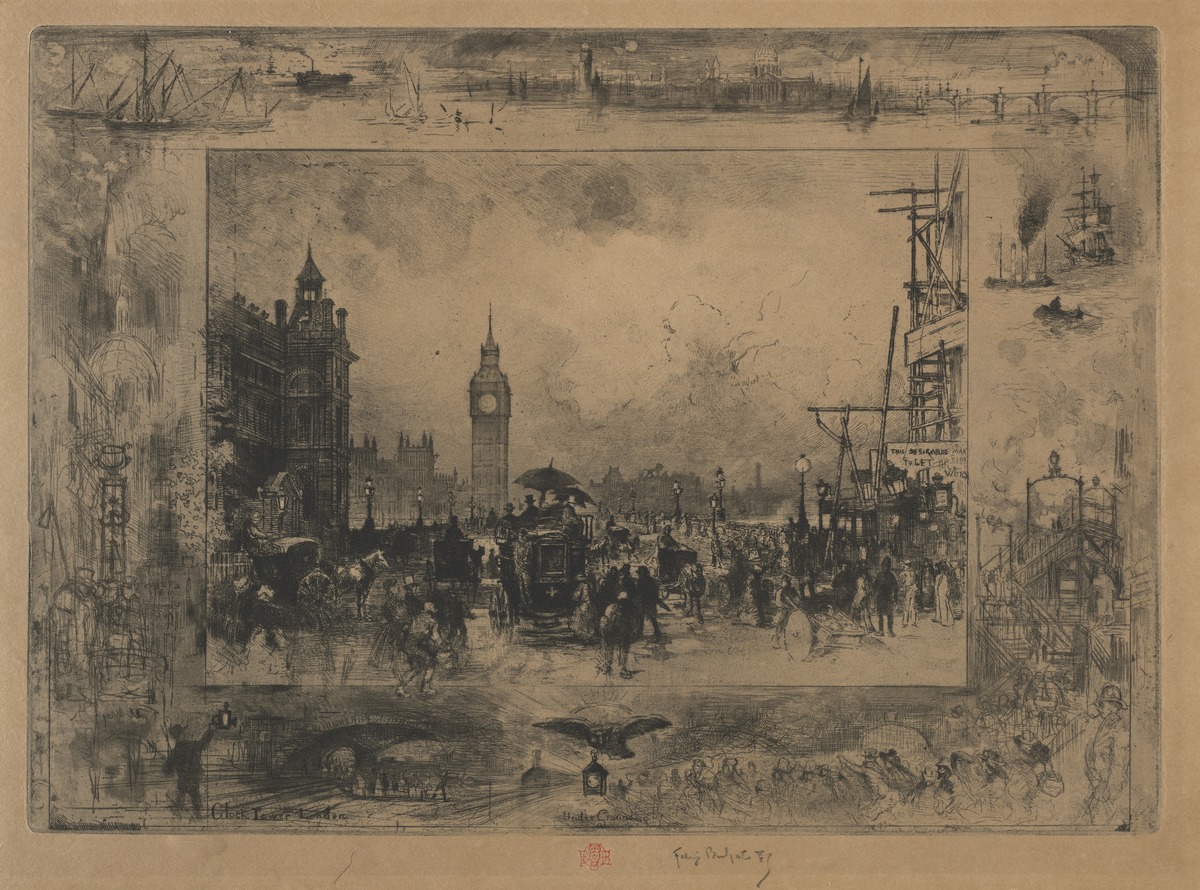The 1887 Sino-Portuguese Treaty: A Defining Moment for Macau
Introduction
The 1887 Sino-Portuguese Treaty was a pivotal event in Macau's history, marking the end of centuries of Portuguese colonial rule and ushering in an era of Chinese jurisdiction. The treaty's ramifications extended far beyond the mere transfer of power, profoundly shaping Macau's political, economic, and social landscapes. This essay delves into the multifaceted impacts of the treaty on Macau, analyzing its long-term consequences and how they continue to influence the city today.
Political Impact
The 1887 Sino-Portuguese Treaty had a significant political impact on Macau, primarily through its formal recognition of China's sovereignty over the city. The treaty established a framework for governance, granting Portugal administrative control while allowing China to station troops in Macau to safeguard its interests. This arrangement effectively preserved Macau as part of China while permitting Portugal to retain a degree of influence.
The treaty also introduced a system of joint jurisdiction, whereby both China and Portugal exercised authority over specific areas of the city. This system aimed to ensure both parties had a voice in the city's governance, but it wasn't without its complexities. Disagreements over the treaty's interpretation frequently arose between Chinese and Portuguese authorities, leading to tensions and conflict.
Economic Impact
The 1887 Sino-Portuguese Treaty had a profound impact on Macau's economy. The treaty granted China the right to collect tariffs on goods entering and leaving Macau, a move that significantly affected the city's economic landscape. Prior to the treaty, Macau was a major trading hub, and the loss of tariff control had a considerable impact.
However, the treaty also opened new economic opportunities for Macau. With China's recognition of Macau as part of its territory, the city gained access to China's vast market. This led to a surge in trade between Macau and China, reviving the city's economy. Macau also became a prominent center for the opium trade, which was legal in China at the time. The opium trade generated substantial wealth for the city, contributing to its establishment as a major economic center in the region.
Social Impact
The 1887 Sino-Portuguese Treaty significantly impacted Macau's social fabric. The treaty led to a large influx of Chinese migrants into the city, dramatically altering its demographics. These migrants brought their culture, customs, and traditions, causing a significant shift in the city's cultural landscape.
The treaty also led to the implementation of a system of racial segregation in the city. Chinese migrants were separated from the Portuguese and restricted from residing in certain areas of the city. This fostered tensions between the two communities and contributed to the development of a distinct Macanese identity that blended elements of both Chinese and Portuguese culture.
Conclusion
The 1887 Sino-Portuguese Treaty was a defining moment in Macau's history. The treaty marked the end of Portuguese colonial rule and placed Macau under Chinese jurisdiction. Its political, economic, and social impacts were far-reaching and continue to shape the city today. The establishment of joint jurisdiction, the loss of tariff control, the influx of Chinese migrants, and the implementation of racial segregation are just a few of the treaty's consequences. Despite the challenges and tensions arising from the treaty's implementation, Macau emerged as a unique and vibrant city, blending elements of both Chinese and Portuguese culture. The treaty's legacy lives on, reminding us of the complex and intertwined history of this fascinating city.

原文地址: https://www.cveoy.top/t/topic/lx6f 著作权归作者所有。请勿转载和采集!